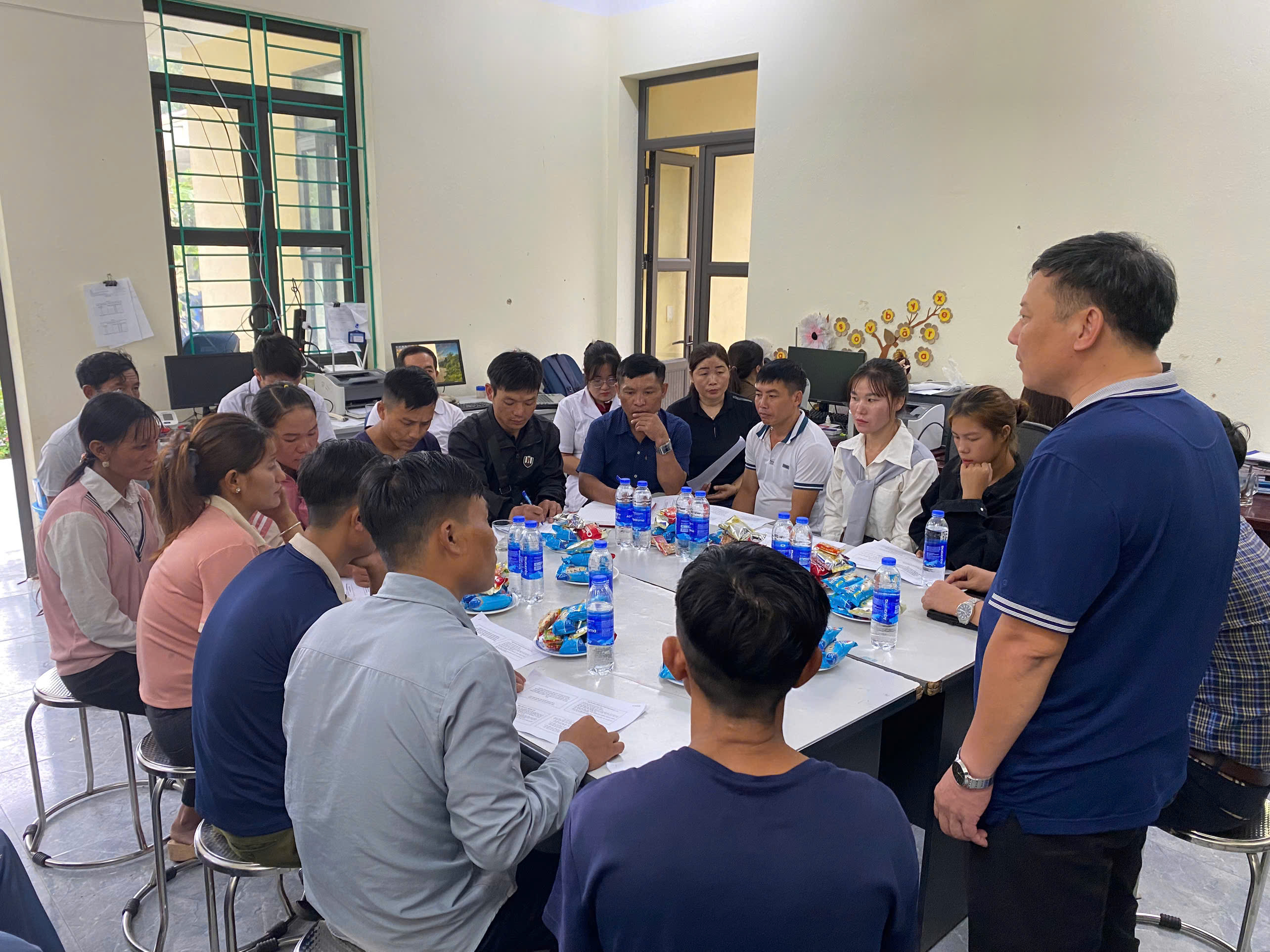
For the two billion people in Asia Pacific at risk of malaria, and the millions of health workers fighting it, this is a special week. It marks four years since the region’s leaders committed to eliminate the disease by 2030.
Since the 2014 agreement brokered by the Asia Pacific Leaders Malaria Alliance (APLMA), we have seen more resources, and an unprecedented decline in cases. There are many people alive today, that might otherwise have perished.
Progress has, however, been uneven. Some of the region’s most vulnerable populations have been bypassed by this movement, seemingly resigned to further generations of suffering.
For one small island nation, the reversal of this scenario started this week
Having committed to malaria elimination by 2030 at the UN General Assembly just weeks ago, Rick Houenipwela, the Prime Minister of Solomon Islands, is already mobilizing the nation. In a rousing speech delivered this week, the PM set out his vision for a ‘whole of society’ response to malaria. At the packed meeting in Honiara, heads of all major government agencies were given clear direction.
Its certainly time. In 1985, rates of malaria in the capital Honiara were over 1000 per 1000 population; almost everyone was getting infected, many more than once. Investment by the Australian Government, as well as the Global Fund to Fight Aids TB and Malaria, has since pushed malaria into a very uneven retreat.
Donors came and went, infections fell only to bounce back. Many frontline workers were resigned to a lifetime of sporadic progress, only to be beaten back by the disease. Mosquitoes passed the parasite from parents to children, and children to neighbours. The cycle of infection seemed endless, and efforts ignored.
The struggle has been epic; the world’s leading experts have worked to deploy the simple package of bed nets, tests and treatments get to all of the island’s 600,000 people. Advocates, including Sir Richard Feachem of University of California San Francisco, have kept this local challenge on the global stage. Meanwhile, the Asia Pacific Malaria Elimination Network (APMEN) has provided a platform for those at the sharp end of this battle to collaborate and learn. All have long awaited a turning point.
Watching the PM in action this week, a new energy was tangible. Tasking all government agencies to join the fight is unprecedented among the Melanesian Islands that account for 89% of cases in the Western Pacific.
It’s an approach proven to work elsewhere. In 1971, China suffered from over 50 million malaria cases, the disease was out of control and people were dying. Following a concerted effort, again involving all ministries, the country saw the last domestic case in 2016. Sri Lanka has a similar story; years of effort seemingly in vein, until renewed leadership drove out the very last case in 2012.
Twenty-Two of Asia Pacific’s Leaders have now committed to end malaria by 2030. Yet across this region of 4 billion people, the strongest leadership is being shown in its smallest nations.
We must support this leadership, and this ‘whole of society’ approach. The battle will be tough. It will be fought in hard-to-reach communities by Women’s Unions, church congregations, youth groups and health workers. We must get behind this leadership.
Surprisingly, the next critical step will be in Paris. Next year will see France host the Global Fund replenishment, with billions of dollars, and millions of lives at stake. The world will be asked once again to finance the life-saving work of countless health workers across the globe.
This can be the next turning point. With a malaria test costing less than $1, and a lifesaving course of treatment even less, there is no reason that 2 billion people in this region should continue to be risk of contracting malaria.
The Solomon Islands can be part of an unstoppable cascade across the region. We must not only watch and learn. We must lend this ambitious country every assistance.
Dr Benjamin Rolfe
APLMA CEO
You can read the full text of Rick Houenipwela’s speech here.
(Photo: Solomon Islands PM speaking at the London Malaria Summit in April 2018, credit: MNM UK)
.svg)









